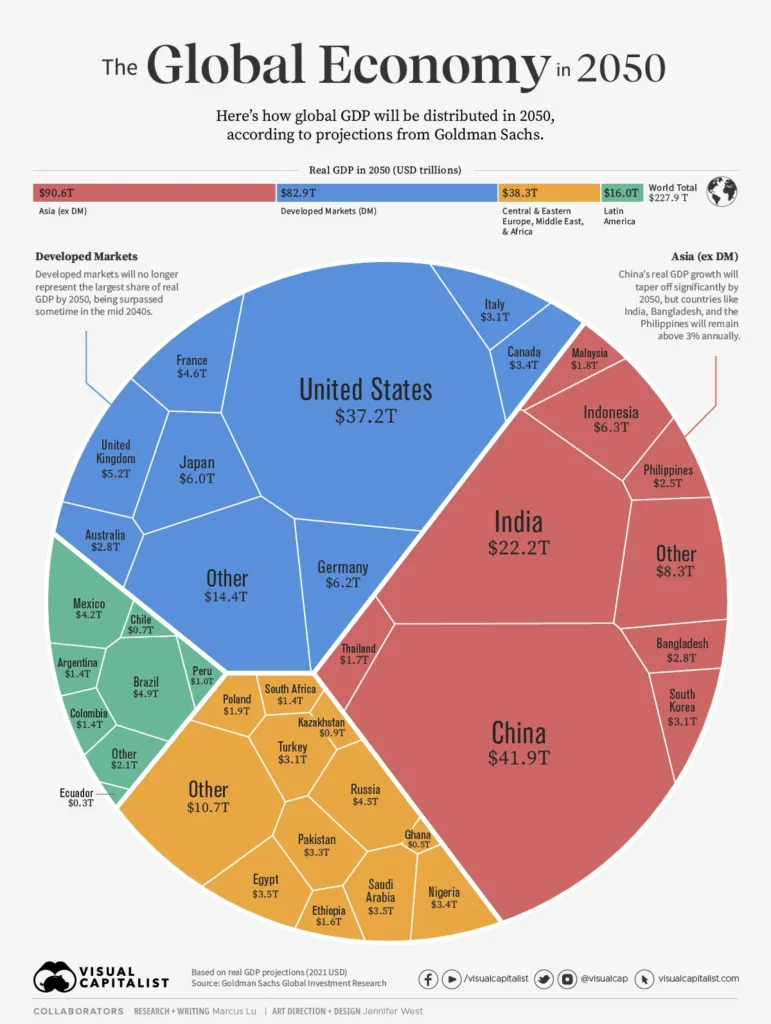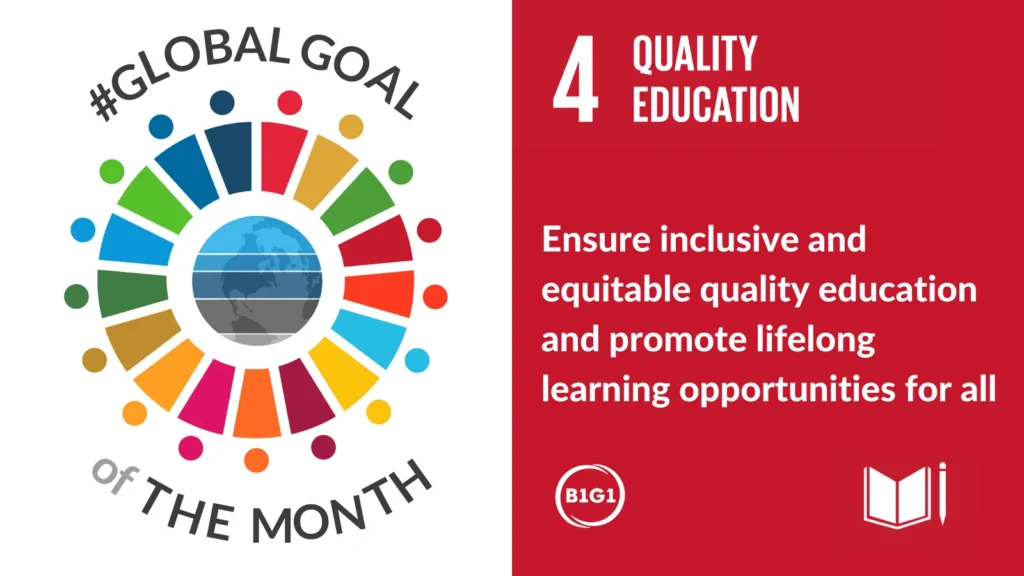Globalization has had a profound impact on local cultures around the world. The spread of global trade, technology, and media has led to the homogenization of many traditional customs and values. As a result, local languages, traditions, and lifestyles are at risk of being overshadowed by the dominant global culture. The rapid integration of different societies has also resulted in the diffusion of ideas and practices, leading to both positive and negative effects on local communities.
The influence of globalization on local cultures has sparked curiosity and concern among many individuals and communities. People are eager to understand how the influx of global ideas and products affects the preservation of their unique traditions and heritage. The impact of globalization on local cultures raises questions about the balance between embracing global connectivity and safeguarding the distinct identities of communities. Furthermore, the cultural consequences of globalization prompt discussions about the role of government policies and social initiatives in supporting the diversity of local cultures.
The Impact of Globalization on Local Cultures
Globalization has had a significant impact on local cultures around the world. As the world becomes more interconnected through advances in technology, transportation, and communication, traditional local cultures are increasingly being influenced by global trends and values. This can manifest in various ways, such as changes in language, food, fashion, and popular culture. In some cases, local traditions and customs may be overshadowed or replaced by globalized practices, leading to concerns about the loss of cultural identity and heritage.
Furthermore, the spread of multinational corporations and global brands can also have a homogenizing effect on local cultures, as the same products and services become available worldwide. This can lead to the erosion of unique local businesses and practices, as well as a shift towards a more standardized consumer culture. On the other hand, globalization can also facilitate the exchange of ideas and the celebration of diversity, leading to the enrichment of local cultures through the incorporation of global influences.
Challenges Faced by Local Cultures in the Era of Globalization
Local cultures face various challenges in the era of globalization, including the threat of cultural homogenization and the loss of traditional practices and knowledge. As globalized values and norms permeate local communities, there is a risk of indigenous languages, crafts, and rituals being marginalized or forgotten. Additionally, the economic pressures of globalization can lead to the decline of local industries and crafts, as cheaper and more mass-produced alternatives from the global market become dominant.
Furthermore, the influx of global media and entertainment can impact the perceptions and aspirations of local populations, potentially leading to a preference for Westernized ideals and lifestyles. This can create a sense of disconnection from one’s own cultural roots and heritage. Additionally, the rapid urbanization and modernization driven by globalization can lead to the displacement of rural and indigenous communities, further threatening the survival of local cultures.
Opportunities for Local Cultures in a Globalized World
Despite the challenges, globalization also presents opportunities for local cultures to thrive and evolve in a globalized world. The interconnectedness of the world allows for the sharing of cultural traditions, practices, and art forms on a global scale, leading to greater appreciation and understanding of diverse cultures. This can create opportunities for cultural exchange, collaboration, and the preservation of traditional knowledge and skills.
Additionally, the global market can provide a platform for local artisans and craftsmen to showcase their unique products and talents to a wider audience, leading to greater recognition and economic opportunities. Furthermore, the tourism industry driven by globalization can also support the preservation and promotion of local cultures, as travelers seek authentic and immersive experiences in their destinations.
Preserving Cultural Diversity in the Face of Globalization
Preserving cultural diversity in the face of globalization is crucial for maintaining the richness and uniqueness of local cultures. Efforts to safeguard and promote indigenous languages, traditions, and knowledge systems are essential in ensuring the survival of diverse cultural heritage. This can be achieved through educational initiatives, cultural exchange programs, and the documentation of oral histories and traditional practices.
Furthermore, the empowerment of local communities to participate in decision-making processes and the protection of their rights are crucial in preserving their cultural identity and self-determination. Supporting local initiatives, such as community-based tourism and sustainable development projects, can also contribute to the preservation and celebration of diverse cultural expressions in the face of globalization.
The Role of Education in Safeguarding Local Cultures
Education plays a vital role in safeguarding local cultures in the context of globalization. By integrating local history, traditions, and cultural practices into the curriculum, educational institutions can instill a sense of pride and appreciation for one’s cultural heritage in the younger generation. This can help to counter the influences of globalized media and consumer culture, and foster a deeper understanding of and respect for diverse cultural perspectives.
Furthermore, promoting intercultural dialogue and exchange within educational settings can facilitate the appreciation of different cultural traditions and worldviews. This can contribute to the nurturing of global citizens who are empathetic, open-minded, and respectful of cultural diversity. Additionally, providing opportunities for language preservation and revitalization within educational programs can support the continued use and transmission of indigenous languages and oral traditions.
Local Resistance and Adaptation to Global Influences
Local communities often demonstrate resistance and adaptation to global influences in order to preserve their cultural identity and values. This can take the form of cultural revitalization movements, where efforts are made to reclaim and revitalize traditional practices, rituals, and languages that have been marginalized or suppressed due to globalization. By reaffirming their cultural heritage, communities seek to resist the homogenizing effects of globalization and reaffirm their unique identity.
At the same time, local cultures may also adapt to global influences in creative ways, integrating new elements into their traditions and practices while maintaining their core values. This can be seen in the fusion of traditional and modern art forms, the incorporation of global ingredients and techniques into local cuisine, and the reinterpretation of traditional clothing styles in contemporary fashion. By embracing change and innovation, communities can navigate the complexities of globalization while preserving their cultural authenticity.
The Intersection of Globalization and Indigenous Knowledge
The intersection of globalization and indigenous knowledge raises important questions about the protection and recognition of traditional knowledge systems. As global markets and industries seek to commercialize and capitalize on indigenous resources and practices, there is a risk of exploitation and misappropriation of indigenous knowledge. This highlights the need for legal frameworks and ethical guidelines to safeguard the intellectual property rights of indigenous communities and ensure their equitable participation in decision-making processes.
On the other hand, globalization can also create opportunities for the exchange and dissemination of indigenous knowledge on a global scale, leading to greater appreciation and awareness of the value of traditional ecological knowledge, medicinal practices, and sustainable lifestyles. By engaging in partnerships and collaborations with global organizations, indigenous communities can leverage the benefits of globalization while maintaining control over the use and protection of their knowledge and resources.
The Impact of Globalization on Language and Communication
Globalization has had a profound impact on language and communication, leading to the dominance of a few global languages at the expense of indigenous and minority languages. The spread of English as a global lingua franca, for example, has led to the marginalization and decline of many local languages, as speakers seek to adapt to the demands of the global market and media. This can result in the loss of linguistic diversity and the erosion of cultural identities embedded in language.
However, globalization also presents opportunities for the preservation and revitalization of endangered languages through digital communication and networking. The internet and social media platforms allow for the creation of online communities and resources for language learning and preservation. Additionally, the recognition of linguistic diversity as a valuable aspect of cultural heritage can lead to initiatives for multilingual education and the promotion of indigenous languages in various domains of society.
Environmental Impacts of Globalization on Local Cultures
The environmental impacts of globalization can have significant effects on local cultures and traditional ways of life. The expansion of global markets and industries can lead to the commodification and exploitation of natural resources, impacting the livelihoods and sustainable practices of local communities. This can result in the loss of traditional ecological knowledge and the degradation of natural environments that are integral to the cultural identity and spiritual beliefs of indigenous peoples.
Furthermore, the globalized production and consumption patterns contribute to environmental challenges such as climate change, deforestation, and pollution, which can have disproportionate effects on vulnerable communities and their cultural landscapes. In response, there is a growing movement towards sustainable and indigenous-led conservation efforts that prioritize the protection of cultural and biological diversity, as well as the promotion of traditional ecological stewardship practices.
| Aspect | Impact |
|---|---|
| Language | Globalization may lead to the decline of local languages as people adopt more widely spoken languages. |
| Food | Globalization can introduce international cuisines to local cultures, changing traditional dietary habits. |
| Traditions | Local traditions and customs may be influenced or even replaced by global trends and practices. |
| Values | Globalization may challenge or alter traditional values and beliefs within local communities. |
| Art and Entertainment | Local art forms and entertainment may be overshadowed by global media and cultural products. |
Globalization has a significant impact on local cultures, affecting various aspects such as language, food, traditions, values, and art. It can lead to the erosion of traditional practices and the adoption of global trends, ultimately shaping the cultural landscape of local communities.




